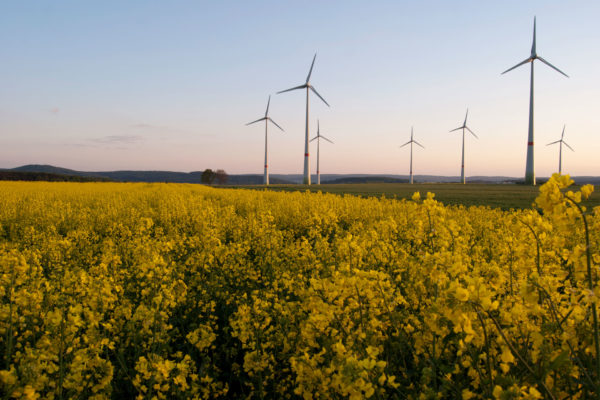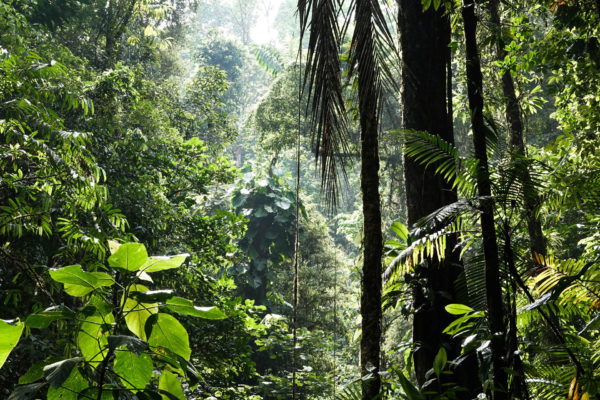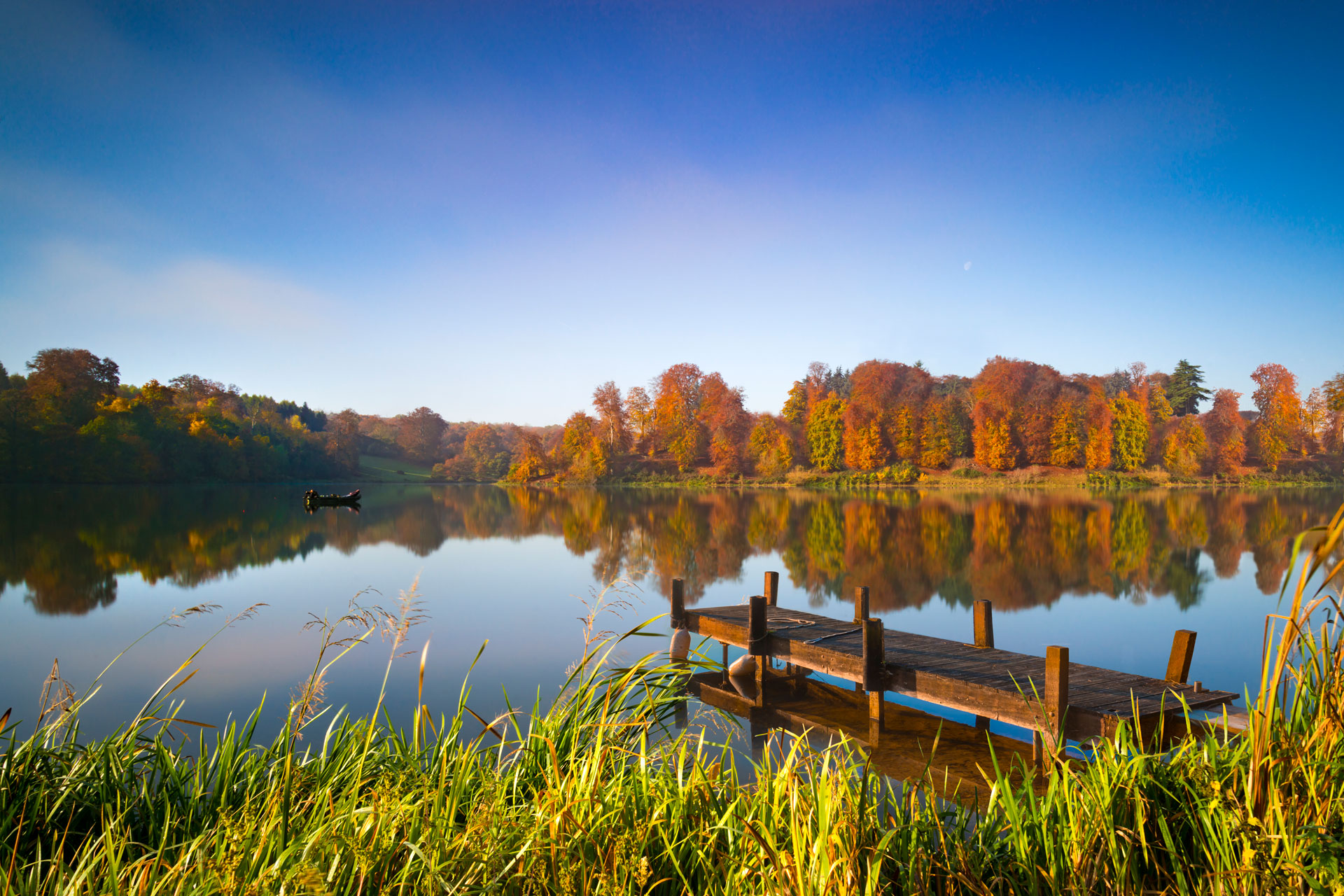
- HOME
- CULTURE
Wildlife Biologist Roxy Furman on Saving Our Waterlands
A new podcast explores the importance of protecting and restoring our wetlands
By | 2 years ago
Since Roman times, the UK has lost 90 per cent of its waterlands. It’s a staggering figure – and one that will only increase if things continue as they are. Yet waterways are crucial for the fight against climate change: supporting biodiversity, storing carbon and protecting us against extreme weather events. In a bid to raise awareness about their importance, the Wildfowl & Wetlands Trust (WWT) has launched a new podcast. Titled Waterlands, the six-part series is hosted by wildlife biologist and filmmaker Roxy Furman, who is joined by an array of environmental figures to explore the wonders of our watery worlds. We find out more below.
Wildlife Biologist Roxy Furman on Saving Our Waterlands
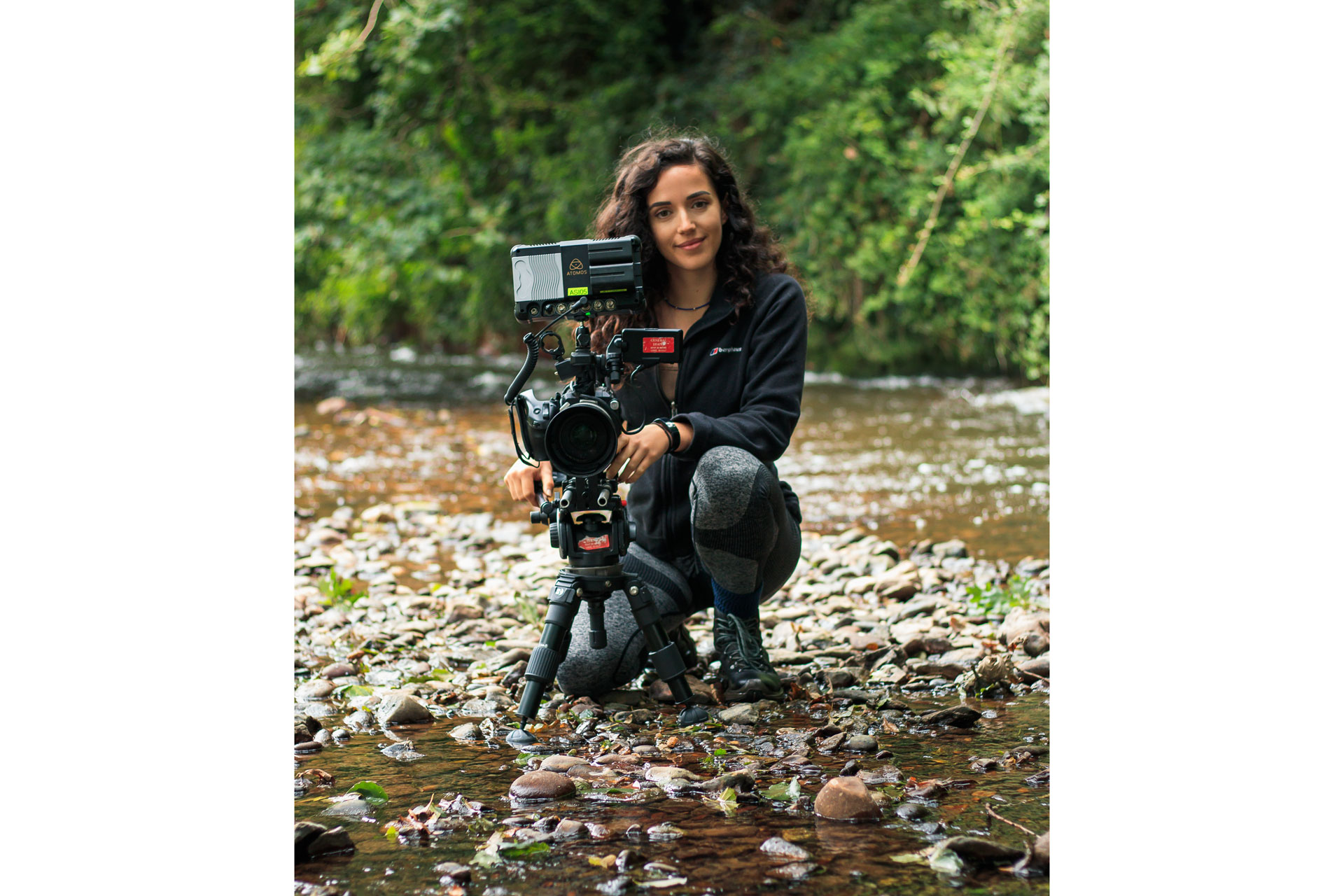
What was your journey into becoming a wildlife biologist and filmmaker?
Growing up, I always had a love for animals and the natural world. I started volunteering when I was about 15, working with a range of different species, and from there went on to do a degree in zoology. Afterwards, I moved up to Scotland where I was working on a boat as a biologist. At that time I got my first camera and fell in love with photography and documenting these animals that I was seeing, so I went back to university to do a masters in wildlife filmmaking.
Where did the idea for the podcast come from?
The WWT is on a mission to protect the waterlands that we have left in the UK. They wanted to use the podcast as a way of getting other people to fall in love with them, and also realise they’re important in helping climate change. It was a really amazing opportunity to sit and reflect on what we have in the UK. A lot of the time we watch these beautiful glossy documentaries and think of these places as being somewhere else, but this podcast reminds us that what we have in the UK is really special.
What are wetlands?
Wetlands are bodies of water that are nature-rich. They’re very important for biodiversity, and can be anything from ponds to rivers to actual wetlands.
Why are they so important in the climate change fight?
For a lot of reasons. First of all, 40 per cent of all the species on earth depend on wetland to live, which is quite amazing considering they only cover less than 10 per cent of the whole planet. They’re also really effective as a carbon sink, which means they actually store carbon. And they help to protect us from extreme weather events, almost acting like a sponge, buffering us from flooding. These sorts of things will be really important if we start to see more effects of the changing climate.
In one episode, you look at what life would have been like back in the Roman times. What did you discover?
In the UK we’ve lost 90 per cent of our wetlands, which is quite shocking. This is mainly because of how humans have been using the land: converting it for agricultural reasons, and for development and urbanisation, and basically not building with nature in mind. We’ve been overpowering nature rather than trying to live alongside it. We always hear about the impact of palm oil and deforestation – but we’ve already done that. We’ve way surpassed what’s happened elsewhere. It’s a reminder these places could look like the UK one day. You might occasionally see some birds in the trees, but how often have people been on a walk and seen a badger or a hedgehog or otters? We need to encourage people to look at what we do in the UK in terms of restoration, to get back to a similar place where we once were.
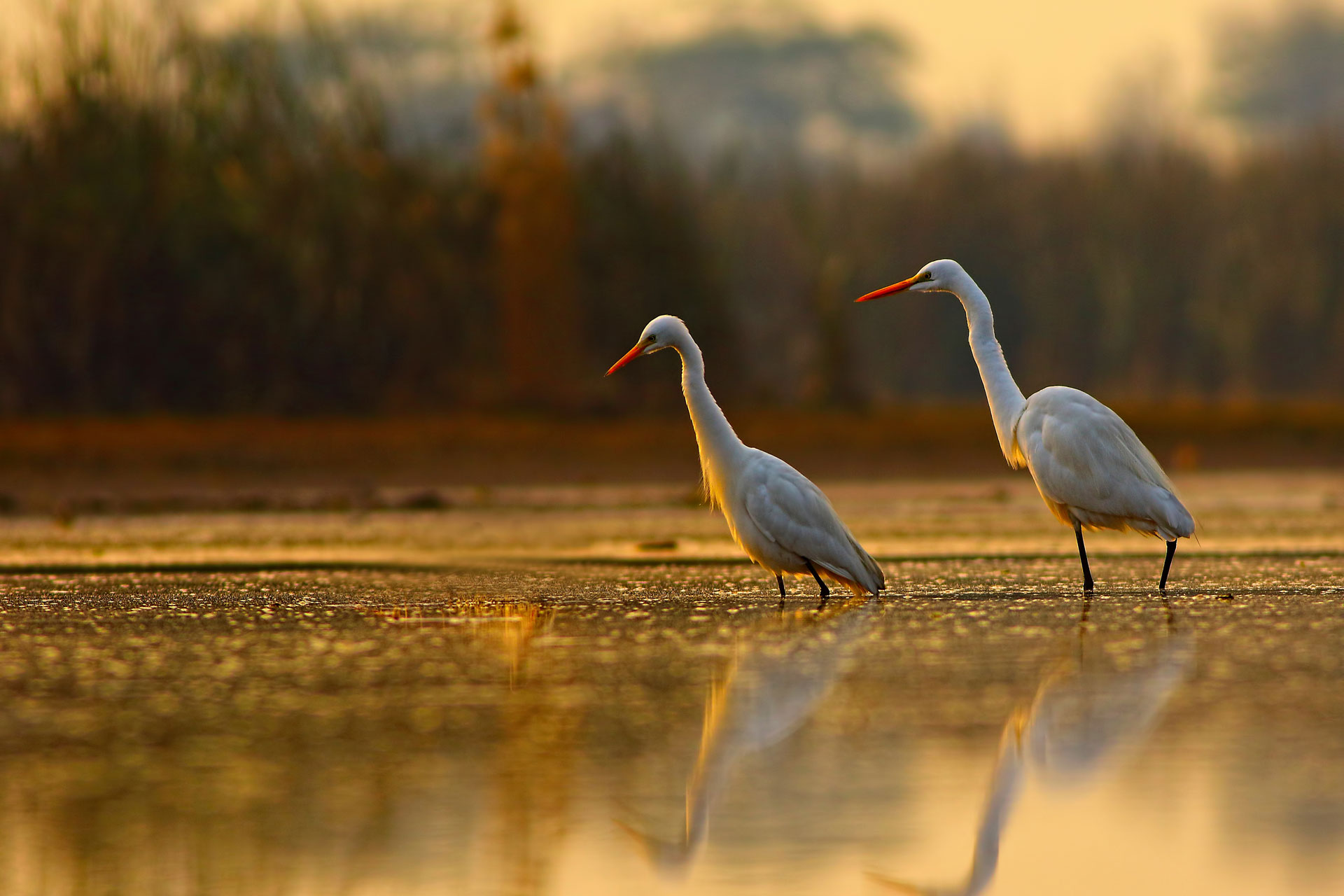
Getty Images
Another episode looks at our quest for cleaner water. How have our waterways got into such a mess?
Again, it’s because of us as humans and our patterns of consumption. That’s in terms of things like plastic pollution, which people have become aware of a lot more recently, but we’ve not heard about it as much in relation to our rivers and waterways in the UK. The realisation that this is actually impacting people in England, when people are swimming in the waterways, is quite shocking. Then also things like nutrient and pollution knock off from the use of pesticides, and artificial fertilisers that then flow into bodies of water and pollute them. Clean water is something we often take for granted here, but even going for a swim in some of these bodies of water can be so dangerous because of all these chemicals and pollutants that we’ve put into them.
How can waterways help our wellbeing?
Over recent years we’ve become so disconnected from nature. We live in these cities where actually being immersed in nature happens so rarely – but as humans we literally depend on nature. There are so many studies into the benefits of immersing yourself in nature. Just going on a walk or sitting by a pond, putting your phone down and actually enjoying it is a really beautiful way of reconnecting and feeling present.
Looking forward, what can we do to help our waterlands?
When we’re looking at what we can do individually, it’s important to think about what we can do to push for systemic change, alongside what we can do ourselves on a day to day basis. If we’re looking at systemic change, the WWT has pledged to create 100,000 hectares of healthy wetlands across the UK, and people can go online and sign and support this pledge. On a larger scale this will make such a big difference. In terms of individual actions, we can look at how much plastic we’re using, how we’re disposing of our waste, if we’re buying organic fruit and veg, and if we’re eating local and seasonal produce.
What makes you feel fearful?
I think it’s when I realise more and more how things are changing so rapidly already, seeing changes that are already happening – such as the extreme heat we’ve been having in the UK, there’s something really frightening about that. What’s the future going to look like even in the next 10 years?
What makes you feel positive about a sustainable future?
One thing that keeps me feeling positive and motivated is that I do see an ever-increasing community of people who are advocating for a better future for people and the planet. That’s something I find really inspiring. It’s easy to feel alone and scared and overwhelmed about what’s happening, but finding other people that are passionate about really advocating for change and seeing what they’re doing is often really inspiring. If you’re feeling unmotivated or upset you can go to these people and see what they’re doing and use their drive as fuel to keep going.
New podcast Waterlands is available to listen to now via Apple Podcasts.
Main image: Getty Images




